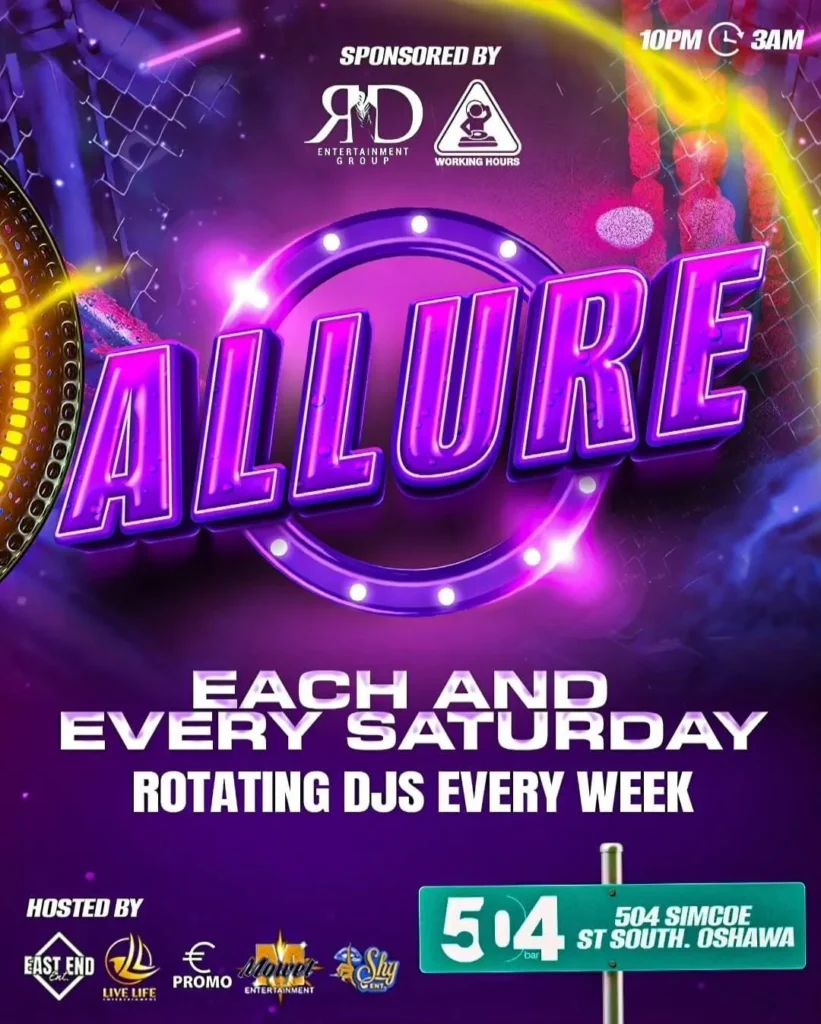Toronto rapper Buck GME found guilty of second-degree murder, robbery and aggravated assault faces

The recent conviction of Toronto rapper Buck GME for second-degree murder, robbery, and aggravated assault has sparked significant public and media attention. This case underscores the grave consequences of criminal actions, particularly in the context of a prominent public figure. With the guilty verdict, the attention now shifts to the sentencing phase, where the judge will have the arduous task of determining a suitable period of parole ineligibility, which can range from ten to 25 years.
Second-degree murder holds severe implications, reflecting the serious nature of the crime committed. It indicates intentional harm, differentiating it from first-degree murder primarily by the absence of premeditation. This distinction has a direct impact on sentencing outcomes. The additional charges of robbery and aggravated assault further complicate the sentencing process, highlighting the violent nature of the offenses and the broader consequences on the victims and the community.
The judge’s deliberation on the period of parole ineligibility involves a careful balance between various factors. The severity of the crime, the defendant’s criminal history, and the potential for rehabilitation are all key considerations. Moreover, the judge must weigh public safety concerns and the need for a punitive response against the potential for rehabilitation and reintegration into society.
For Buck GME, this sentencing outcome will be pivotal in determining his future. It serves as a cautionary tale about the intersection of fame, influence, and responsibility. Entertainers wield considerable influence, and their actions, whether positive or negative, can have wide-ranging impacts. This case thus serves as a reminder of the responsibilities that come with public prominence.
Ultimately, the length of parole ineligibility will reflect the judge’s attempt to balance the interests of justice, rehabilitation, and societal protection. As the legal process unfolds, it remains a poignant moment for reflection on the repercussions of violent crime and the pathways to justice and reform.





